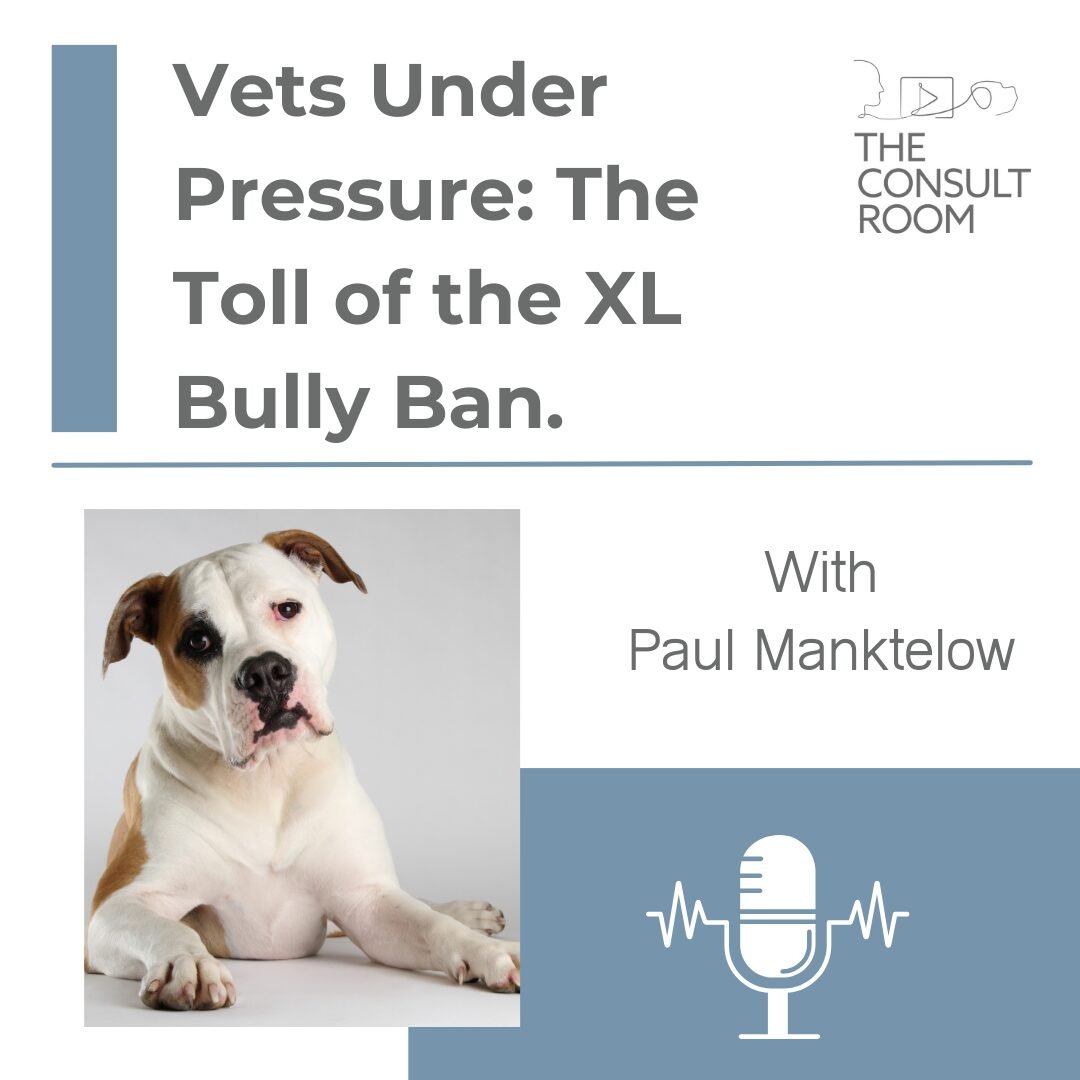In December 2023, the United Kingdom witnessed the introduction of the XL Bully ban, a decisive response to a series of alarming incidents that shook the nation to its core. The ban, implemented swiftly and with resounding urgency, came into force in the wake of a pressing and deeply troubling concern—public safety in the face of rising incidents of dog attacks, some of which culminated in tragic and devastating fatalities.
While the ban was introduced with the aim of curbing dangerous dog incidents, it has been met with mixed reactions. Some argue that it’s a necessary step to protect public safety, while others see it as a broad and sweeping measure that doesn’t account for the individual behaviour of dogs.
Under the ban, certain ownership and breeding activities related to XL Bully dogs have been prohibited. However, pet owners were provided with a brief window of opportunity to apply for exemptions.
Here are the key deadlines and exemption requirements:
- Ownership Deadline: As of the end of December 2023, owning an XL Bully dog became illegal in the UK.
- Breeding Deadline: The ban also extended to breeding, rehoming, or selling XL Bullies. These activities were prohibited from the same date.
- Exemption Application Deadline: Owners of XL Bully dogs were allowed to apply for an exemption to the ban. The deadline for exemption applications was set for the end of January 2024.
- Exemption Conditions: To qualify for an exemption, XL Bully dogs had to meet specific conditions, including microchipping, neutering, and the requirement to be in public on a lead and with a muzzle.
- Age-Based Deadlines: Owners faced different deadlines based on their dog’s age:
- Dogs over a year old by the time the ban took effect had to be neutered by the end of June 2024.
- Dogs under a year old at the time of the ban had until the end of December 2024 to meet the neutering requirement.
The ban has placed additional responsibilities on veterinary professionals, who play a crucial role in supporting owners with compliance. You can read more about the impact on veterinary staff here. It has also led to discussions about the broader effectiveness of breed-specific legislation in addressing the complexities of dog behaviour and safety.
Understanding the XL Bully ban is essential for both pet owners and the general public. It not only outlines legal responsibilities but also emphasises the importance of responsible pet ownership and the need for comprehensive approaches to canine behaviour and safety. As discussions around the ban continue, it remains a significant and evolving topic in the realm of animal welfare and legislation in the UK.
 Dr Paul Manktelow is a vet who’s worked for almost 20 years on the front line in some of the UK’s busiest veterinary hospitals. As Chief Vet in the Charity Sector, he leads a team of vets and nurses that treat thousands of pets every year. Paul also appears regularly in the media as a TV and radio presenter, writer, public speaker and podcast producer.
Dr Paul Manktelow is a vet who’s worked for almost 20 years on the front line in some of the UK’s busiest veterinary hospitals. As Chief Vet in the Charity Sector, he leads a team of vets and nurses that treat thousands of pets every year. Paul also appears regularly in the media as a TV and radio presenter, writer, public speaker and podcast producer.






Leave A Comment